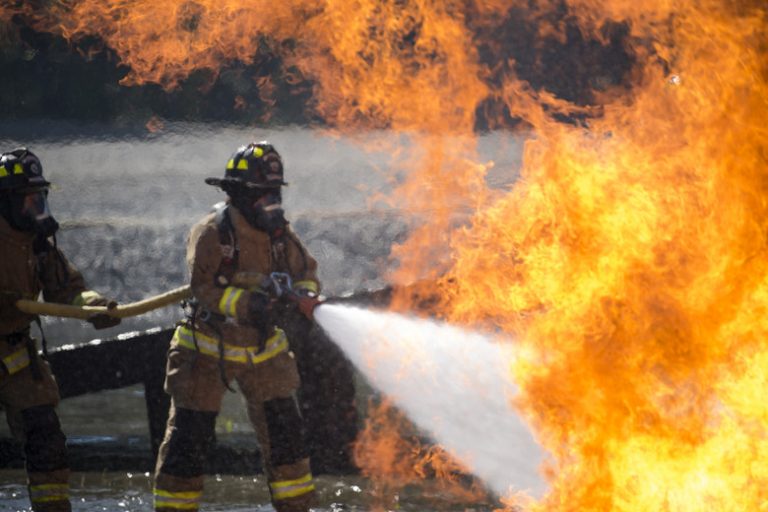Published on June 17, 2024

Written for the Climate One podcast, hosted by Greg Dalton and Ariana Brocious.
Summer is just around the corner, and in addition to travel and vacation, that also means peak wildfire season. Recently we’ve seen some of the most destructive wildfires in recorded history. The images on the news of orange skies and opaque haze around cities and homes can seem downright apocalyptic. And whether you live in fire country or not, it’s almost impossible to escape the smoke – which is terrible for our health and our kids’ health.
These fires do have a human toll. Ana Alanis is a climate justice advocate and the founder of Hungry for Climate Action. In 2021, her childhood home in Coffee Creek California was threatened by a nearby wildfire. She remembers visiting the house as evacuation orders started to go out. She didn’t realize it would be the last time. “It just felt surreal. Like it felt performative. Like, it was hard to get your head around the fact that you were actually needing to do this.” says Alanis. She and her family escaped the fire unharmed physically. But she says she’s still recovering from losing her childhood home.
“What a better place to live and recreate for a fire ecologist than fire country,” says Susan Prichard, Fire Ecologist at the University of Washington School of Environmental and Forest Sciences. Prichard experienced the largest fire of her career with the 2006 Tripod Complex Fire. That fire affected around 175,000 acres. “I saw this smoke plume that went up about 30,000 feet in the air. It was very dramatic. And what surprised me the most was how unlivable it was to endure a wildfire once that smoke column collapsed and smoked out our valley,” says Prichard.
More and more fire managers are looking to beneficial, or prescribed, fires to help prevent the large catastrophic wildfires. Susan Prichard says prescribed fires, “happen under a prescription window of favorable weather and atmospheric conditions.” This means that while it is still a wildfire, it probably will not escape and probably not smoke out communities.
“When we think about rain sometimes we think about rain as either just a rainfall and necessary for our gardens to grow, or it can turn into a massive flood. Same thing with wind. Oh, it’s a windy day, but then we have hurricanes. Why isn’t fire allowed to just be fire sometimes, and be beneficial?” says Prichard.
Continue reading, or listen to the podcast, here.
More and more fire managers are looking to beneficial, or prescribed, fires to help prevent the large catastrophic wildfires. Susan Prichard, Fire Ecologist at the University of Washington School of Environmental and Forest Sciences, says prescribed fires, “happen under a prescription window of favorable weather and atmospheric conditions.”